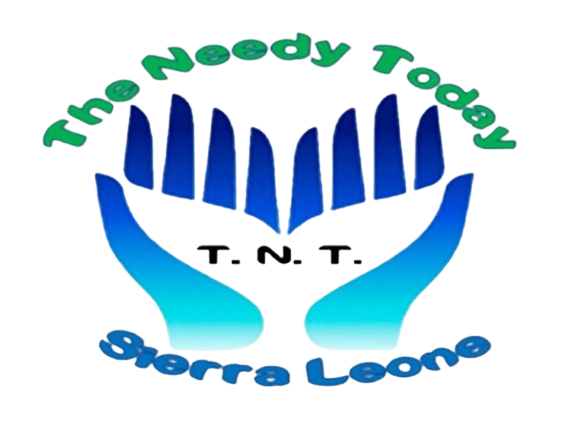The widespread nature of malnutrition in the whole country is a manifestation of prolonged deprivations in access to adequate food, health, safe water and sanitation facilities, and inability of an estimated 80% of households, particularly women, to provide appropriate care to their children within the context of a complex emergency. While the health, water and sanitation sectors continue to grapple with high incidences of diarrhea, measles and acute respiratory infections which contribute to malnutrition; the food situation has remained precarious. Most households directly or indirectly affected by the war have been exposed to the risk of inability to access quality food through difficult means. The minimum wage of those who have been lucky to retain their jobs, meets only 36% of the staple food bills, and most farmers have had to consume their seed stock.
Anaemia in pregnancy is a problem for women. Many nursing mothers are experiencing lactation failure. The Needy Today will work with partners to set up a wet feeding centre for malnourished children and provide such feeds at strategic centres in communities lacking food supplies; introduce gardening, food processing and income generation activities in communities on household food security promotion efforts, reduce the prevalence of moderate and severe malnutrition in children in high-risk communities through community based nutrition education. The Needy Today’s expected outputs are the reduction of risks of mortality from diarrhea, measles and acute respiratory infections through Vitamin A supplementation, risks of malnutrition and improve nutrition status of lactating and pregnant women and children.
This still remains an integral part of survival in our country as still not many people can sufficiently address issues relating this. Needy people are in serious depth in meeting the demands of eating decent meals. It is not an issue to compromise with health wise as it tells on them greatly. The nutritious food we have provided our beneficiaries is not really enough as there are still many more in vital need. Hence we are still bent on seeking funds to keep addressing this problem more especially with the children we cater for.
Needs:
- Nutrition equipment
- Nutrition supplies
- Food and Nutrition Material production and training of community health workers
- Food production and processing weaning recipes
- Micro-credits to women including female youths groups
- Community Animation/Social Mobilization
- Monitoring and Evaluation
- Logistics
- Project Support
